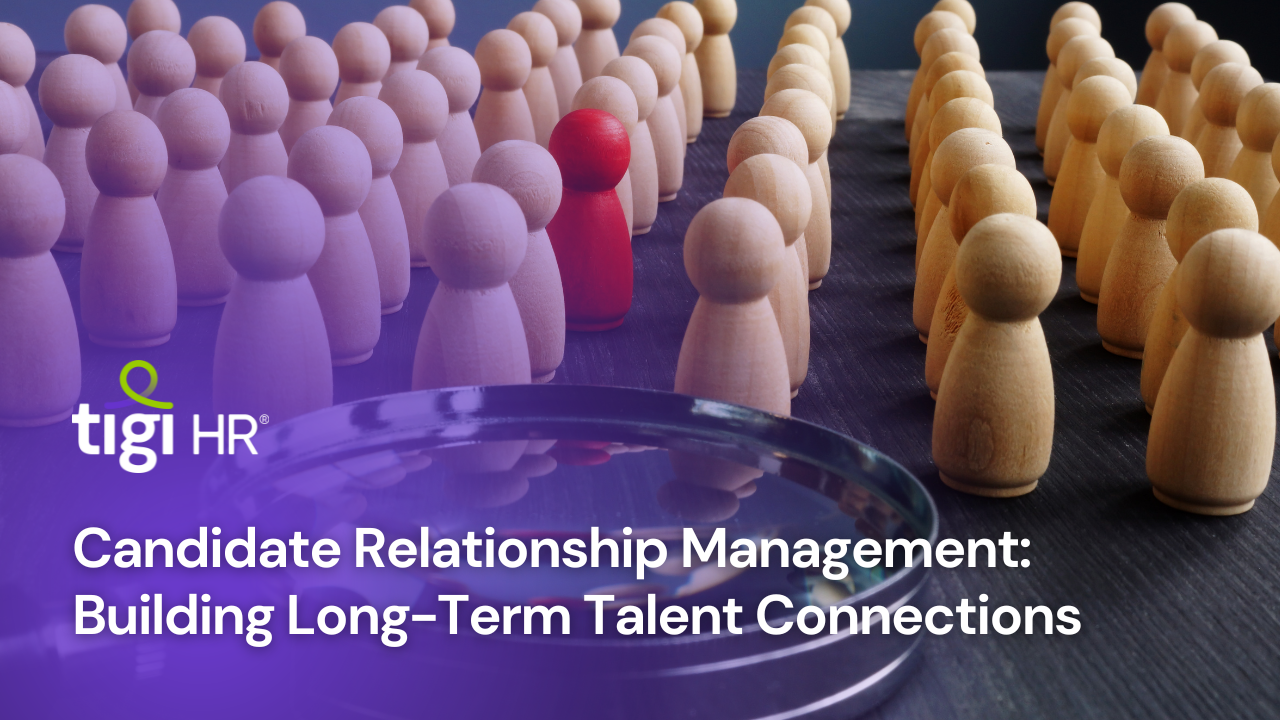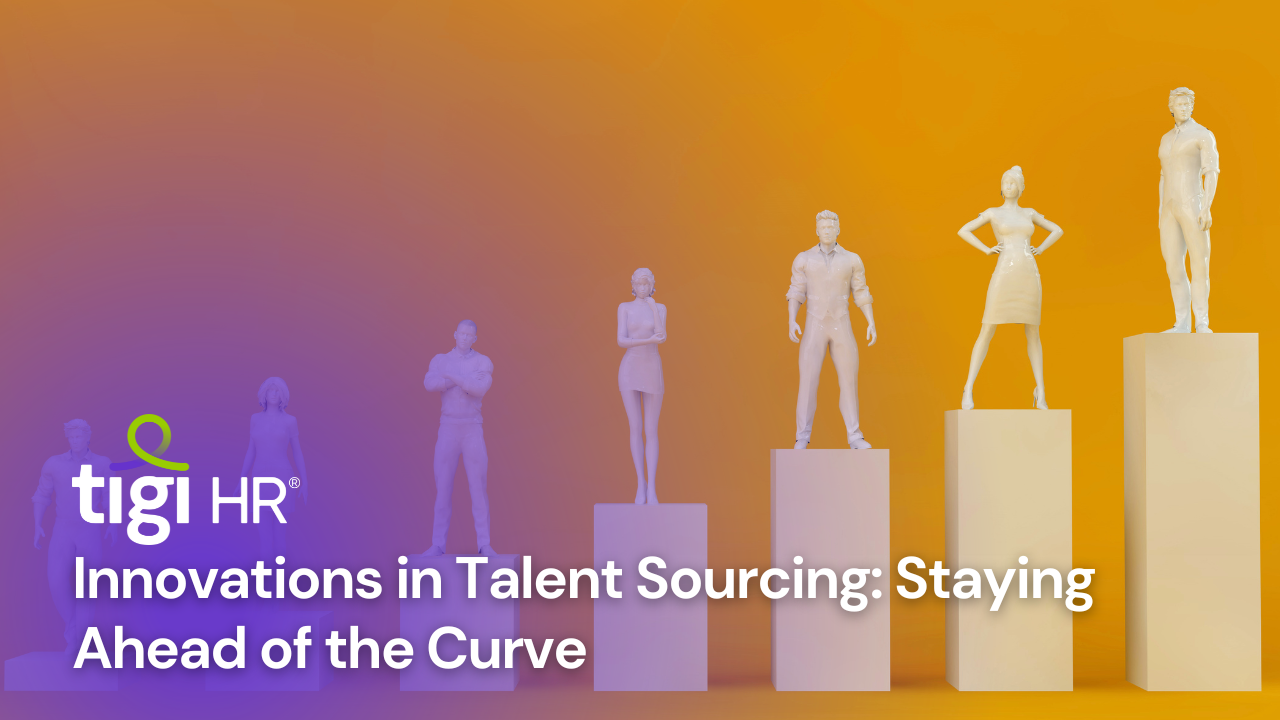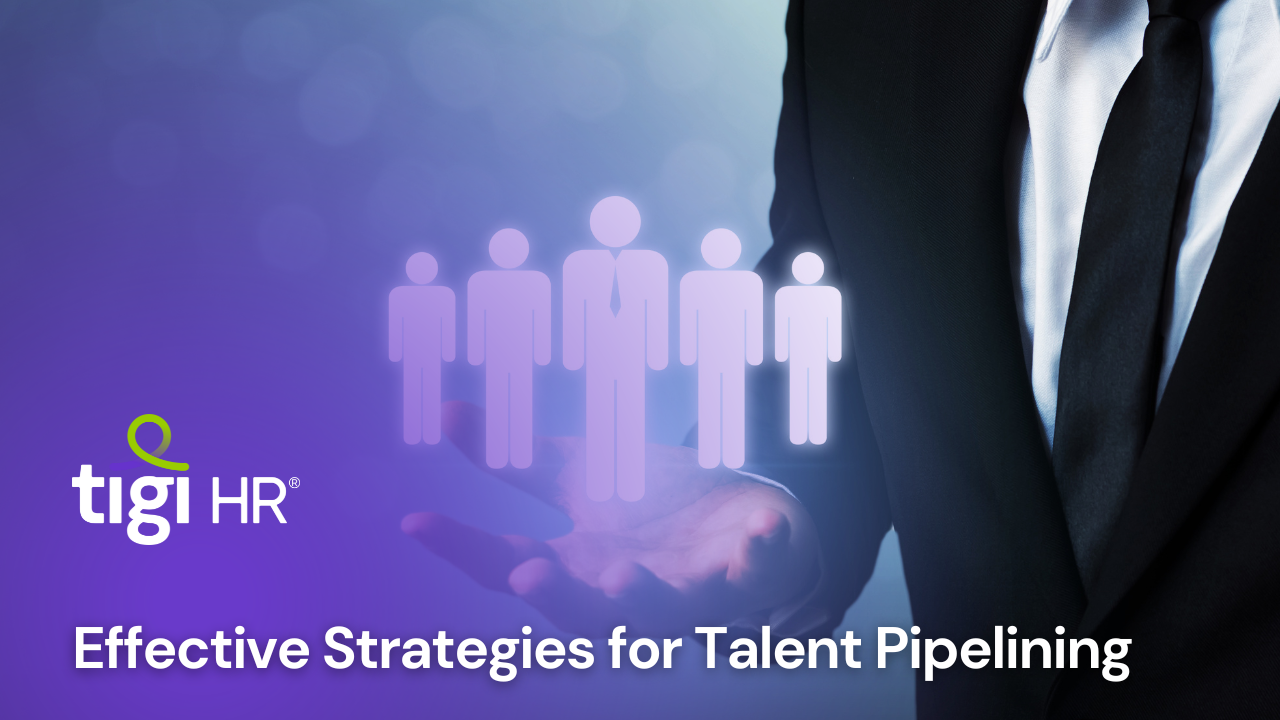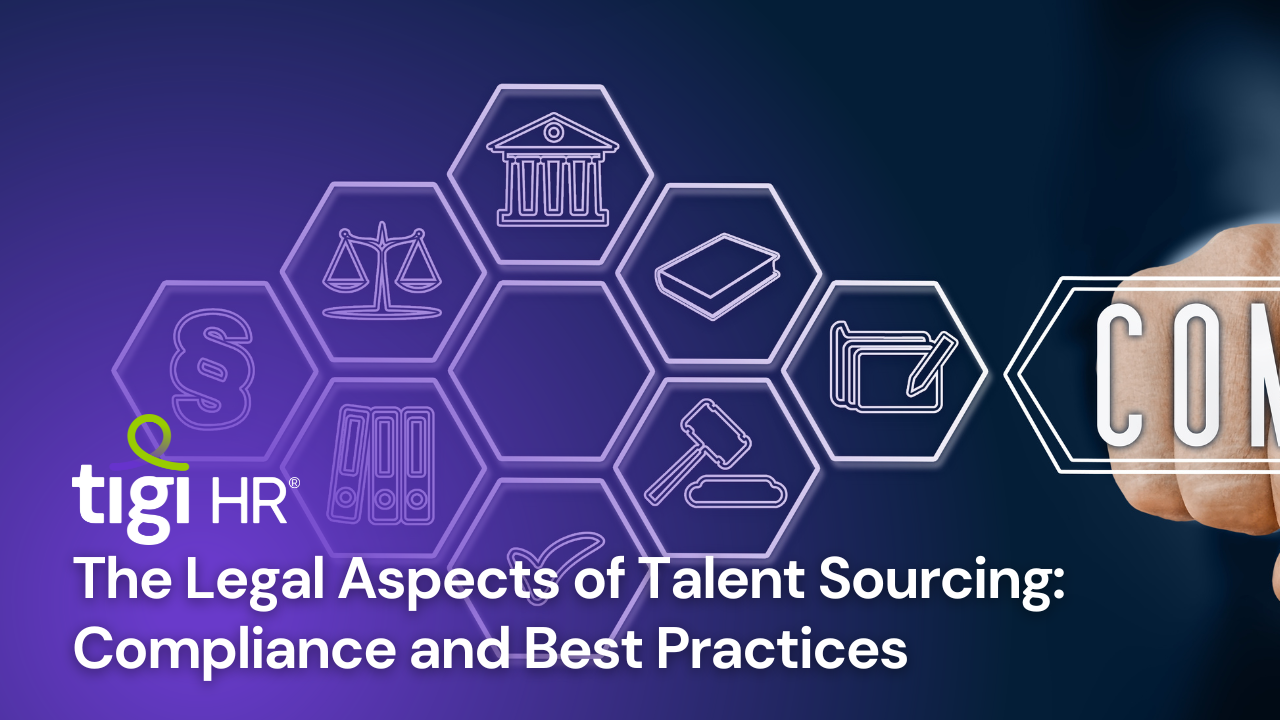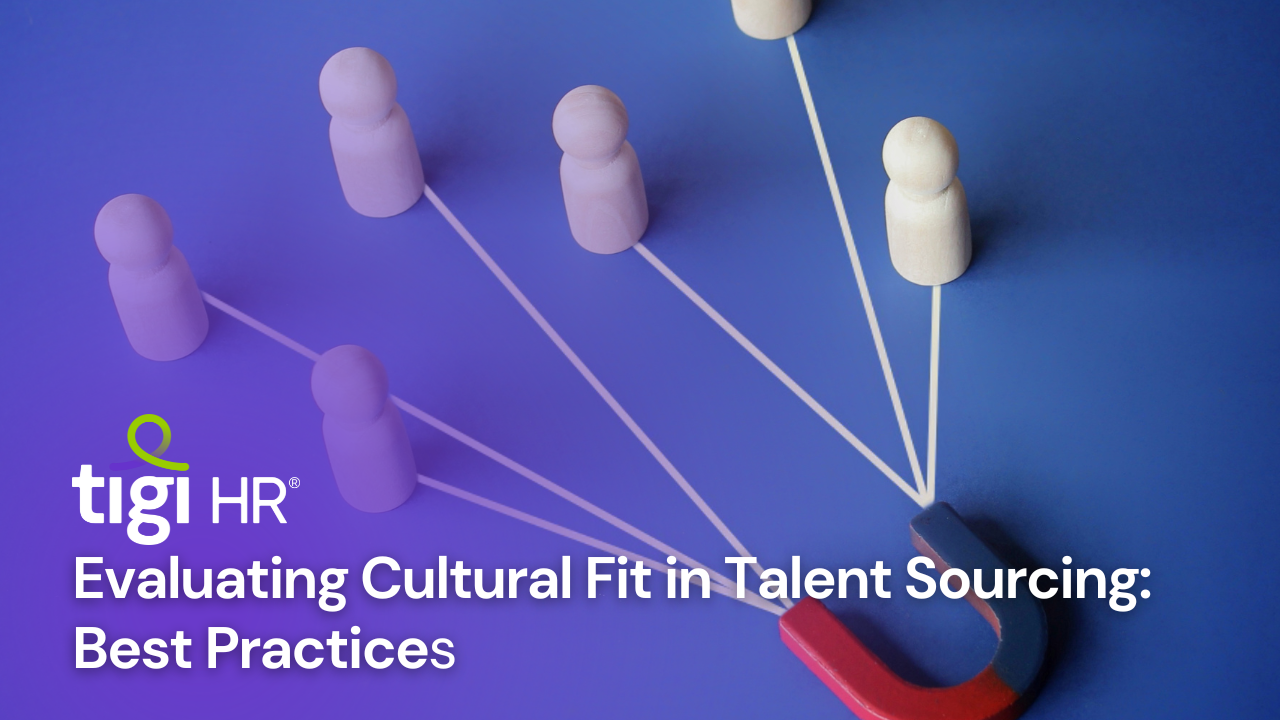Candidate Relationship Management (CRM) is a transformative approach in talent acquisition. Through personalization, technology, and data analysis, CRM builds trust, fosters quality hires, and reduces recruitment costs. However, implementing CRM can pose challenges, from data privacy to change management. Successful case studies and emerging trends in AI and diversity emphasize the ongoing evolution of CRM in the recruitment landscape.
Month: November 2023
HR Data Privacy and Security: Protecting Employee Information
HR data privacy and security are paramount in the digital age. Regulations, such as GDPR and CCPA, demand compliance. Protecting employee data requires encryption, strict access controls, and regular audits. Employee education, robust incident response plans, and secure HR software are crucial. Embracing ‘privacy by design’ ensures data protection at every step. Prioritizing HR data privacy builds trust and safeguards an organization’s reputation
Global Talent Sourcing: Expanding Your Reach and Impact
“In an increasingly interconnected world, the landscape of talent acquisition has undergone a significant transformation, paving the way for the emergence of global talent sourcing. This strategic approach enables businesses to transcend geographical boundaries, accessing a diverse pool of skills and experiences from around the world. With the rise of remote work and technological advancements, companies are leveraging this trend to overcome skill shortages, foster innovation, and enhance competitiveness. However, while the benefits of global talent sourcing are abundant, challenges in cultural integration, legal complexities, and coordination across different time zones exist. By implementing effective strategies, such as leveraging technology, prioritizing cultural integration, partnering with global recruitment agencies, and establishing robust remote work policies, businesses can navigate these challenges. The future of global talent sourcing looks promising as the world continues to embrace remote work models and diversity in the workforce. Embracing this strategy equips organizations with the tools to harness the power of a globally dispersed workforce, ensuring sustained success in an ever-evolving business landscape.”
Talent Sourcing Trends in 2023: What to Watch For
In the dynamic realm of talent acquisition, 2023 unveils a landscape marked by progressive shifts in sourcing strategies. Embracing these changes becomes imperative for organizations aiming to attract and retain top-tier talent in a highly competitive market. Let’s explore some of the key trends reshaping talent sourcing in this transformative year.
1. **AI and Automation – Redefining Efficiency**
The fusion of technology and talent sourcing is revolutionizing the initial stages of recruitment. Automated screening tools and AI-driven software are streamlining the process, allowing HR professionals to process a large volume of candidates efficiently. The integration of these technologies has been a game-changer, enabling recruiters to focus on higher-value tasks, such as engaging with potential candidates.
2. **Elevated Focus on Candidate Experience**
The candidate experience has emerged as a pivotal aspect influencing job seekers’ decisions. A seamless and personalized journey throughout the recruitment process has become a defining factor for applicants. Employers are increasingly investing in strategies to improve the candidate experience, recognizing its profound impact on attracting top talent and bolstering the company’s employer brand.
3. **Remote Work and Global Talent Pools**
The global shift toward remote work has broadened the horizons of talent sourcing. With a significant surge in remote work options, companies are tapping into global talent pools. Seeking expertise and diverse perspectives, organizations are reevaluating sourcing strategies to accommodate a broader geographical scope and culturally diverse talent.
4. **Niche Job Boards and Specialized Platforms**
Specialized job boards and industry-specific platforms are gaining traction. Job seekers are gravitating towards these niche platforms, especially when pursuing roles requiring specific skills or industry expertise. Organizations are aligning their sourcing strategies to include these specialized avenues to target and engage with niche talent effectively.
5. **Leveraging Employer Branding on Social Media**
The digital landscape has evolved as a primary platform for employer branding and talent sourcing. Companies are harnessing the power of social media to present an authentic and compelling employer brand. Statistics reveal that a substantial percentage of job seekers consider a company’s social media presence before applying, emphasizing the significance of a strong, consistent online brand presence.
In navigating the evolving terrain of talent sourcing, adaptability and innovation are the keys to success. Companies that embrace these trends and tailor their strategies to align with the changing dynamics of talent acquisition will undoubtedly have a competitive edge in attracting and retaining top talent in 2023.
Innovations in Talent Sourcing: Staying Ahead of the Curve
In the dynamic world of talent acquisition, innovative sourcing strategies are the compass guiding organizations to secure top talent. From AI-driven recruitment to the rise of the gig economy, these methods redefine how companies find, attract, and retain the best candidates. Embracing data-driven decision-making, video interviews, and talent communities has become a necessity for staying ahead in a fiercely competitive job market.
Effective Strategies for Talent Pipelining
In the competitive job market, talent pipelining stands out as a proactive strategy. This approach involves cultivating a pool of potential candidates for future roles, enhancing an organization’s agility in recruitment. By focusing on building relationships, creating a candidate database, and investing in skills development, talent pipelining ensures a continuous flow of quality hires. This approach not only reduces hiring time but also strengthens employer branding, making it a vital strategy for future success.
The Legal Aspects of Talent Sourcing: Compliance and Best Practices
Legal compliance in talent sourcing is a strategic necessity. From employment laws to equal opportunity and data protection, organizations must navigate complex regulations to ensure fair and ethical hiring practices. Diversity and inclusion, affirmative action, and international hiring further enrich the talent pool. To succeed, organizations must combine legal diligence with a commitment to creating diverse, innovative, and compliant workplaces
Navigating HR Challenges in a Post-Pandemic World
Post-pandemic HR: Navigating Remote Work, Well-being, and Diversity. As we emerge from COVID-19, HR faces new challenges.
Evaluating Cultural Fit in Talent Sourcing: Best Practices
Evaluating cultural fit in talent sourcing is vital for building successful teams and organizations. Striking a balance between skills and alignment with an organization’s values is essential. Challenges such as biases and diversity considerations must be navigated. In an evolving work landscape, adapting to remote work environments and redefining cultural attributes are key. Fostering inclusivity while preserving core cultural values is the path to long-term success.
The Art of Passive Candidate Sourcing: How to Woo Top Talent
In the competitive world of talent acquisition, mastering passive candidate sourcing is vital. Understanding the unique mindset of passive candidates and crafting irresistible job descriptions can draw in top talent. Leveraging employee referrals, building a strong employer brand, and utilizing social media are key tactics. Recruiters, armed with personalization and technology, play a central role in engaging with passive candidates effectively. These strategies, together with inbound recruitment marketing, form a comprehensive approach to attract and engage top talent.


